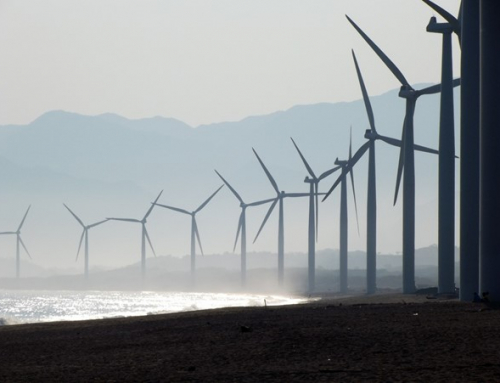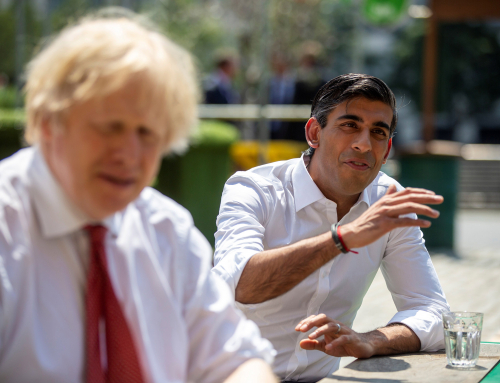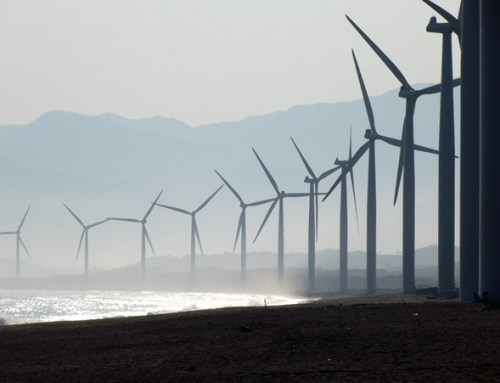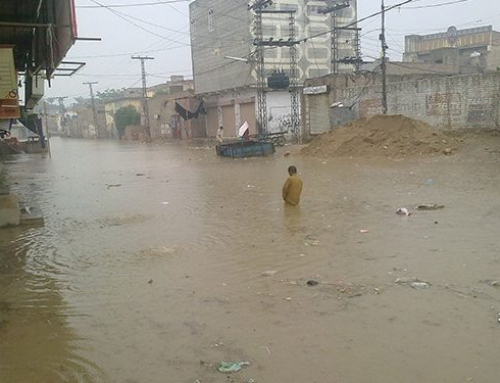By Stewart Dalby
Leaving aside the problems of petrol and CO2 shortages, the current Energy Crisis is the most disruptive in more than 50 years, in that the exponential rise in the wholesale gas price has caused domestic housing gas and electrical bills to go up considerably as well. The crisis is also significant in the sense that it has exposed Britain’s governments’ persistent failure properly to regulate Britain’s energy markets.
The UK has had energy crises before. In 1974 the country was struggling with energy shortages and industrial upheaval. In that year the government limited many manufacturers to a three-day working week. This crisis was caused by an extensive strike by coal miners. There was some irony in this because by 1974 production of oil and gas was well under way off the North-East coast. This meant that for many years following 1974 natural gas from the North Sea generated much of the country’s electricity and heated almost all its homes.
The backdrop to all this was that natural gas became much in demand and prices continued to rise. Because of the continuous rising prices the seeds of a second major energy crisis (that eventually led to the current disaster in energy policy) were sown in the 1990s when privatisation created an oligopolistic market dominated by the so-called “Big Six” companies.
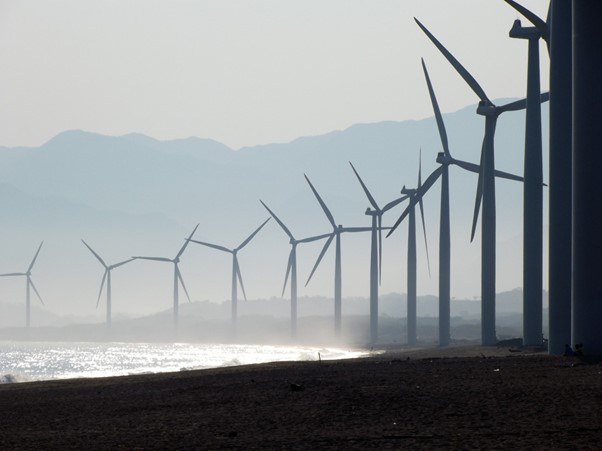
Will wind power ever supercede gas to heat our homes
This Big Six cartel comprised British Gas, EDF, E.On, Npower, Scottish Power and SSE. They paid their shareholders juicy dividends and gave their bosses fat salaries. These companies seemed to feel free to put up prices as they pleased. The cartel became so cavalier in pricing in the 2010 to 2015 period that it became a vexed political issue. Ed Miliband the leader of the opposition Labour Party at the time, said that if he were elected in the 2015 general election he would impose an energy price cap. Mr Miliband, of course, did not win the election.
David Cameron, the then leader of the ruling coalition, was nevertheless spooked by Miliband’s threat of an energy price cap. He therefore asked the Competition and Mergers Authority (CMA) to look at whether the Big Six companies were taking money from consumers by blatant over-pricing and poor service, as many voters believed. The CMA took a long time to report but in early in 2016 it found that consumers were indeed being overcharged to the tune of £1.4 billion a year.
The CMA’s main recommendation, though, was that consumers shop around and switch to new cheaper suppliers. The recommendation appeared to work for a while. In late 2016, 2017 and 2018 some 3m consumers switched to the 20 or so small suppliers that had sprung up. There were troubles ahead, though, for switching, Mrs May had a lot troublesome problems awaiting her . when she became Britain’s prime minister on 13 July 2019. She had set up the country’s first official energy cap in 2017. The cap seemed to work okay even though the oligopolistic cartel (now reduced to five companies rather than six) were at odds with Ofgem, the government regulator, that administered the energy cap. Any problems that the energy cap threw up were minor compared with the perfect storm of troubles the ‘switching’ project she faced .
Primarily the switching project meant quite a number (up to 70 in 2020) of what The Economist magazine called “upstart suppliers” were supposed to capture a significant slice of the retail energy market with business models that left them ill prepared to weather market turbulence. Some were innovative like Octopus which discourages consumption when demand is high with dynamic pricing. But most were thinly capitalised and had no gas of their own and had to buy it expensively beyond their reach on global wholesale markets. Simply, they could not make the sweetheart deals they had promised work. Also, some of them paid little attention to the possibilities of price hedging.
Such were the shortcomings of companies that many companies were always vulnerable a demand squeeze. But the stakes rose in 2017 with the closure of a big storage facility which left Britain just able to store just 2 per cent of annual demand. Other countries able to store 20 to 30 per cent. Seven of the so-called ‘upstart suppliers such the companies went bust up to August 2021. Dozens more are predicted to follow suit, At one point Ofgem bailed out failing companies using tax-payers money by finding healthier supply companies to take them on.
But Kwasi Kwatteng the rookie business minister told parliament the government would not be helping failed small companies to survive. It would on the other hand inject funds into the biggest companies. So here we are back to the Oligopolistic cartel fighting it out over what the energy cap should be. Ofgem said from 1 October the energy cap for companies would rise by 12 per cent. Ofgem also revealed the price of an annual electricity and electric bill for an average three-bedroom house was £1163. This means the owners of such houses would have to come with an extra £139.56. For many households this means going into fuel poverty. Perhaps it is the government which Mr Kwatteng serves that is failing.v

